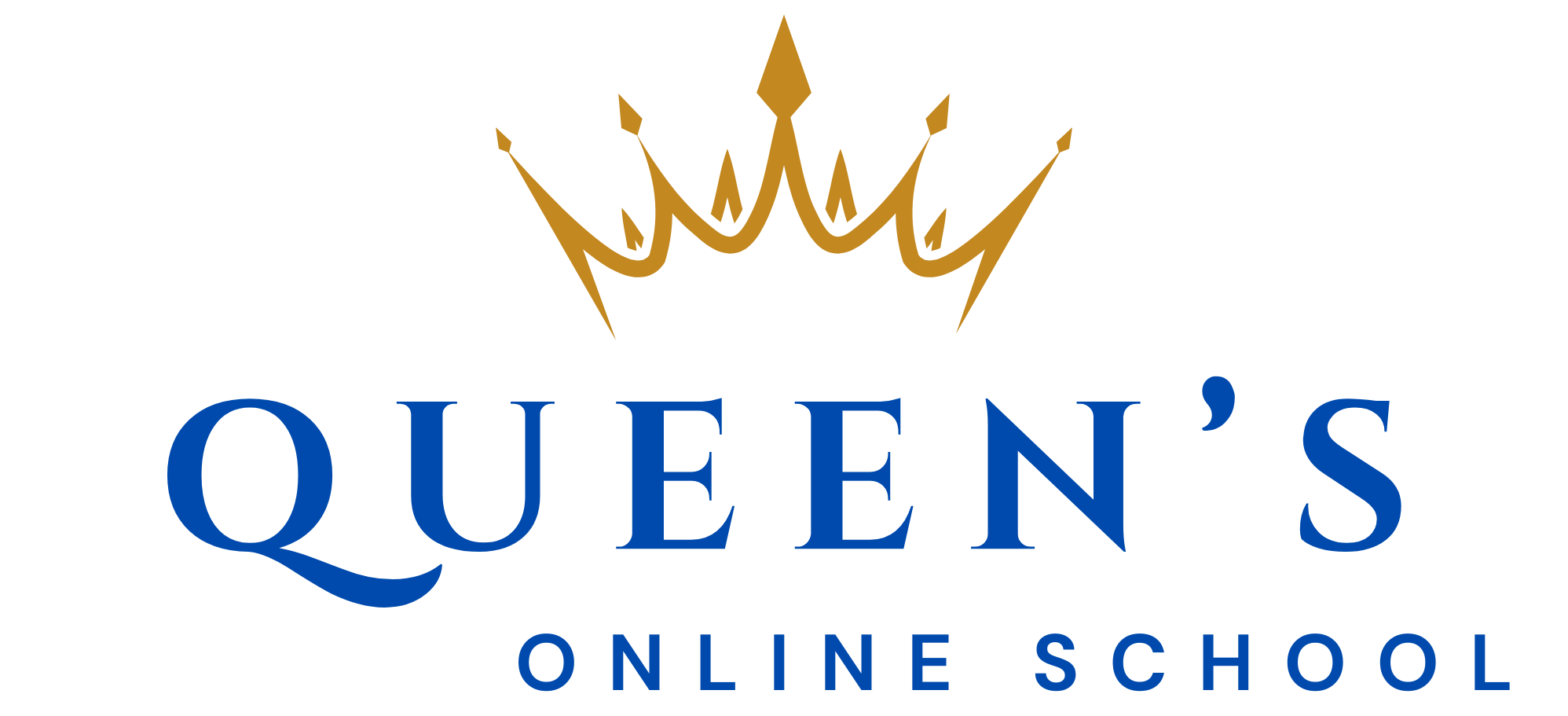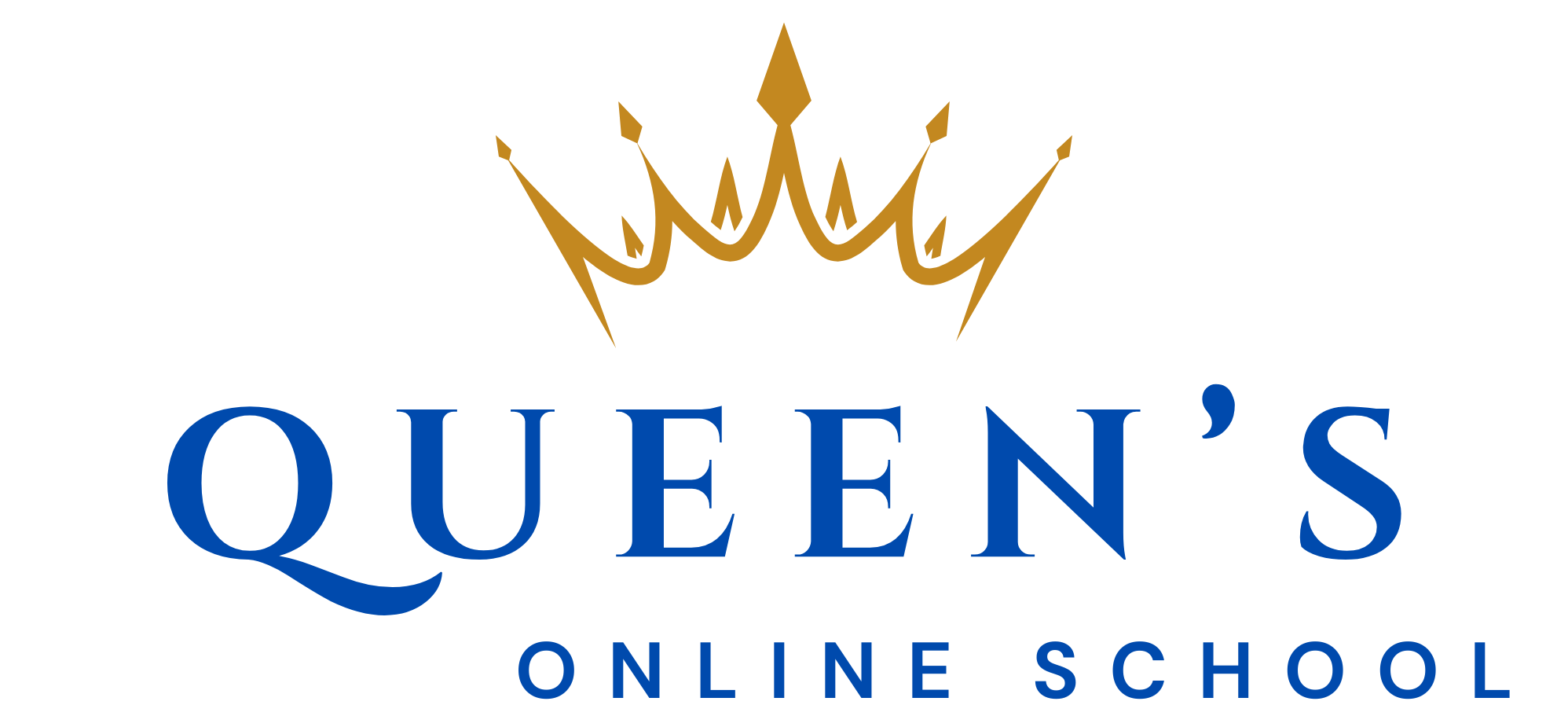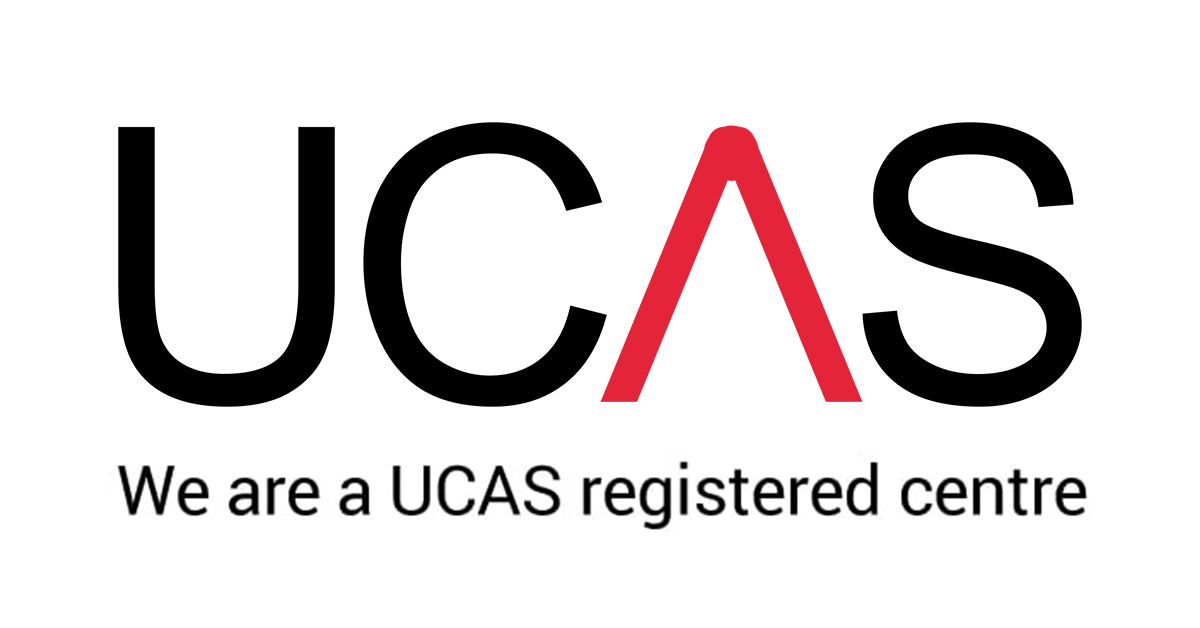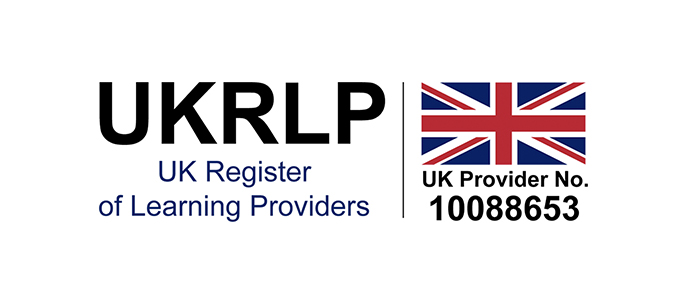International AS & A Level Media Studies
Examination Board: Cambridge International
Qualification Levels: AS Level & A Level
Why Study This Course?
The Cambridge International AS & A Level in Media Studies provides students with an analytical and practical understanding of media in a global context. It enables learners to develop skills in media analysis, media production, and critical evaluation, preparing them for higher education and careers in journalism, digital media, marketing, communications, and broadcasting.
This course is ideal for students who:
- Have a strong interest in film, television, advertising, social media, journalism, and digital communication.
- Enjoy analysing media texts and exploring how media influences society.
- Aspire to study Media Studies, Communications, Film, or Digital Marketing at university.
- Are considering careers in media production, content creation, publishing, public relations, and broadcasting.
- Wish to gain a globally recognised qualification valued by universities and media industries worldwide.
Who is This Course For?
This course is suitable for students who:
- Enjoy researching and discussing media trends and their impact on audiences.
- Want to develop practical media production skills in film, print, and digital content.
- Aspire to work in media, journalism, advertising, digital marketing, or entertainment.
- Are keen to explore the power of media in shaping public opinion, culture, and consumer behaviour.
This course fosters digital literacy, research, and communication skills, essential for higher education and careers in media, marketing, and communications.
1. Media Analysis and Critical Thinking
- Understanding semiotics, genre conventions, and representation in media.
- Evaluating media ownership, audience engagement, and regulatory frameworks.
- Analysing advertising, film, news, and digital media content.
2. Media Production and Practical Skills
- Creating professional-standard media content using industry software.
- Developing skills in film production, photography, print layout, and online media.
- Understanding branding, marketing strategies, and audience targeting.
3. Research and Communication
- Conducting audience analysis and media research.
- Presenting arguments on media influence, representation, and ethics.
- Writing structured essays and analytical reports.
The course assesses students based on the following objectives:
| Objective | Description | Weighting |
|---|---|---|
| AO1 | Demonstrate knowledge of media concepts, contexts, and debates | 30% |
| AO2 | Analyse media products, applying theoretical and creative approaches | 30% |
| AO3 | Research, plan, and construct media products with technical skills | 40% |
1. Strong Preparation for University and Beyond
This course provides a solid foundation for degree-level study in Media, Film, Communications, and Journalism.
Recognition by Top Universities
The Cambridge International AS & A Level in Media Studies is widely recognised by universities and employers worldwide.
Development of Digital and Analytical Skills
Students develop critical thinking, media production, and audience analysis skills, valuable in content creation, advertising, journalism, and digital marketing.
Engaging and Real-World Applications
The course covers film, television, social media, and media regulation, ensuring students engage with real-world media challenges.
Course Structure
The qualification consists of four externally assessed components, divided into two levels:
Cambridge International AS Level (First Year)
Component 1: Foundation Portfolio (AS Level – 50%)
Assessment Format: Coursework, Internally Assessed & Externally Moderated
Assessment Objectives: Research, planning, production, and creative reflection
Tasks:
- Candidates produce a media product (film opening or magazine production).
- Maintain an online blog to document research, planning, and production processes.
- Create a digital critical reflection, answering set evaluation questions.
Assessment Overview:
- Media Product (Film or Magazine Production) – 40 marks
- Creative Critical Reflection – 10 marks
Component 2: Media Texts and Contexts (AS Level – 50%)
Exam Duration: 2 hours
Assessment Format: External written examination
Topics Covered:
- Media Language & Representation – Analysis of how meaning is created in media texts.
- Media Audiences & Institutions – Understanding audience engagement and media production processes.
Assessment Overview:
- Section A: Analysis of a TV drama extract using technical terminology.
- Section B: Answer one from two essay questions on media industries and audiences.
Cambridge International A Level (Full Qualification)
Component 3: Advanced Portfolio (A2 Level – 25%)
Assessment Format: Coursework, Internally Assessed & Externally Moderated
Assessment Objectives: Research, planning, production, and critical reflection
Tasks:
- Candidates produce a media campaign using a combination of media (video, print, and online content).
- Maintain an online blog to document research and production.
- Write a 1,000–1,500 word critical reflection.
Set Briefs (Choose One):
- Music Promotion Package – Music video, social media page, and album digipak.
- Film Promotion Package – Two trailers, social media page, and promotional poster.
- Documentary Package – 5-minute documentary, social media page, and magazine article.
- Short Film Package – 5-minute short film, social media page, and festival postcard.
Component 4: Critical Perspectives (A2 Level – 25%)
Exam Duration: 2 hours
Assessment Format: External written examination
Topics Covered:
- Media Regulation – Censorship, ownership, and ethical concerns in media.
- Postmodern Media – Analysis of intertextuality, pastiche, and self-referential media.
- Power and the Media – Media influence on political and social narratives.
- Media Ecology – The impact of digital technologies on audience behaviour and media consumption.
Assessment Overview:
- Section A: Answer two essay questions on media debates (30 marks).
- Section B: Synoptic question requiring analysis of contemporary media examples (30 marks).






